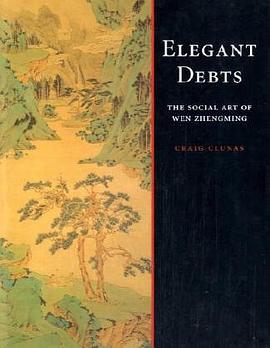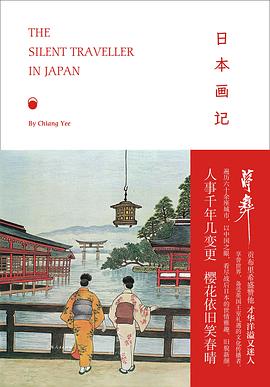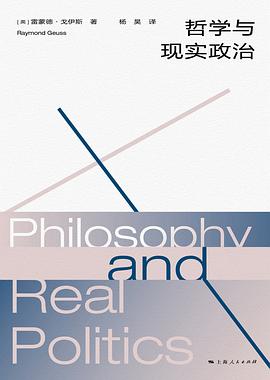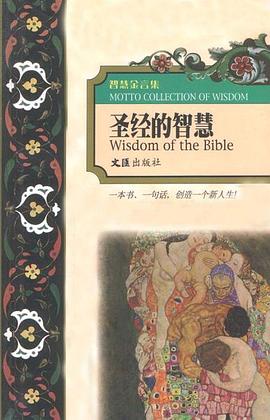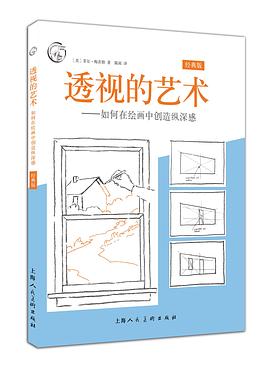Elegant Debts
内容简介
This book takes an innovative approach to one of the great figures of Chinese culture, the writer and painter Wen Zhengming (1470-1559). Renowned as one of the great "scholar painters" of the Ming dynasty, Wen was enmeshed in a complex web of social obligations, his "elegant debts" as he called them, which led to many of his most celebrated works. Using an unprecedented quantity of primary sources for his life and work, Elegant Debts looks at the ways in which social obligation and gift exchange were central to personal and individual identity in the Ming period. The book also examines Wen's family relationships, his friends, mentors, and pupils, his sense of a distinct local identity, and the interplay of national and regional politics with the achievements of his long life. It uses the insights of a range of scholarship--art history, social and literary history, and anthropology--to show how "self" was constructed in Ming China. In doing so, it makes a major contribution toward a more diverse art history that is less dependent on European conceptions of artists and their work. Craig Clunas has published extensively in the field, and is widely recognized as one of the world's leading scholars of Ming culture. Featuring many images of the work of one of China's major painters, this book is accessible to all who are interested in China's culture and history, as well as to students and scholars of art history and the history of culture.
......(更多)
作者简介
Craig Clunas is Percival David Chair of Chinese Art at SOAS, London, and the author of Superfluous Things (1991), Fruitful Sites: Garden Culture in Ming Dynasty China (Reaktion Books, 1996), Pictures and Visuality in Early Modern China (Reaktion Books, 1997) and Art in China (1997).
......(更多)
目录
......(更多)
读书文摘
人们总担忧与”党“牵扯在一起,因为这个字在官方论述中从来只有负面的涵义。向来没有所谓的”善“党,善党这类字眼是不存在的。。。因此时人多以”友“来形容这类利益团体。
......(更多)
